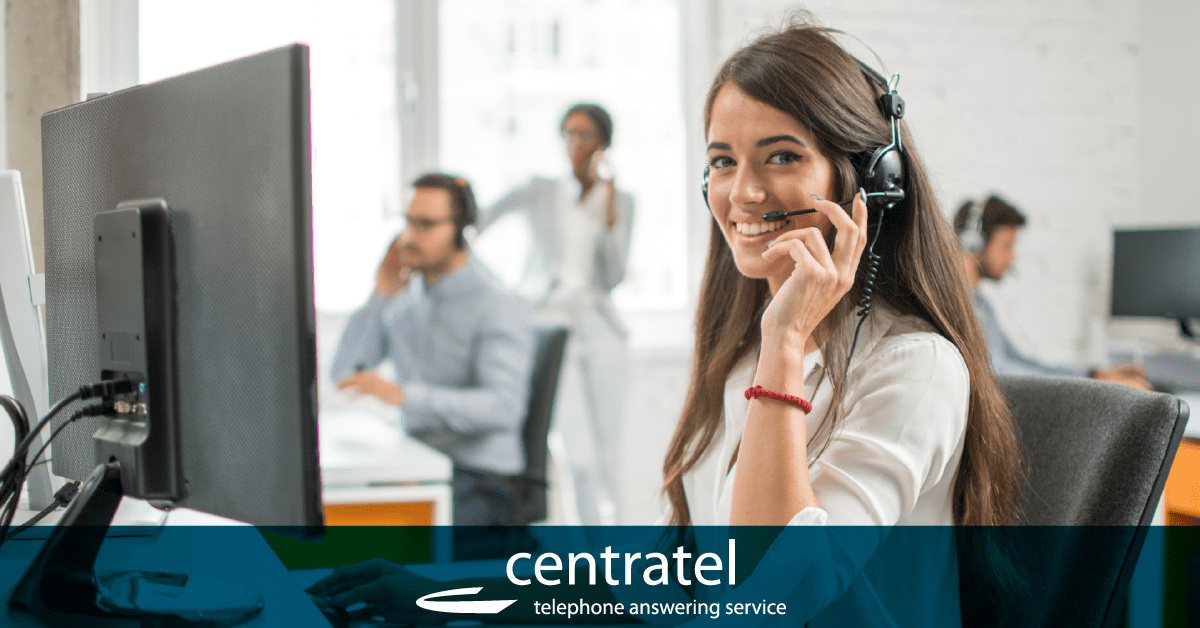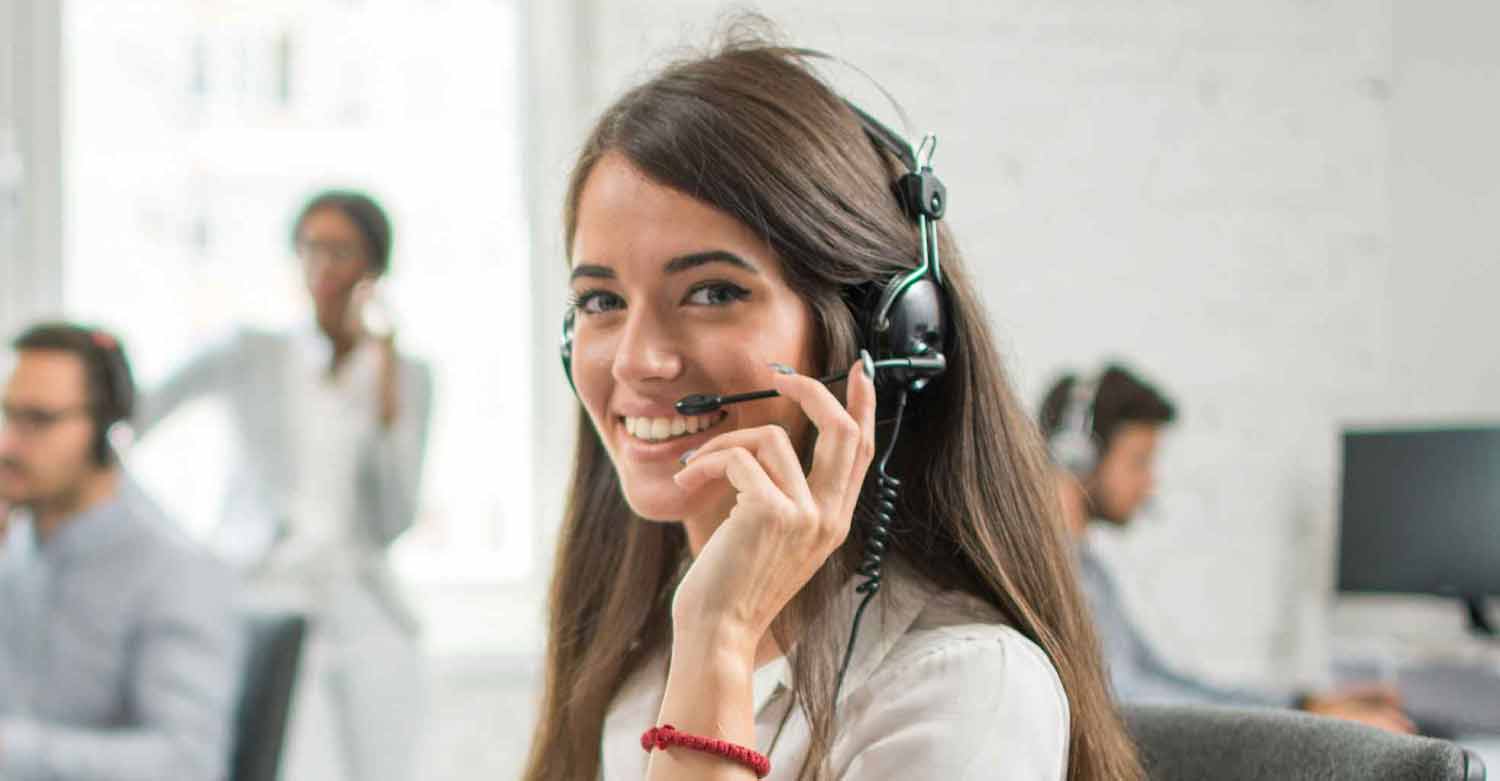All Categories
Featured
Table of Contents
- – Which Is The Best How Much Does An Answering Se...
- – Who Is The Best Business Answering Services - ...
- – Whats The Best Call Answering Service To Buy
- – What Is The Best The Ultimate Guide To Teleph...
- – When Best Time To Buy How Much Do Answering S...
- – What Do Discover How To Set Up A Call Answer...
Which Is The Best How Much Does An Answering Service Cost In 2023? Company
This gadget and its followers were developed by Sava Jacobson, an electrical engineer with a personal consulting service. While early answering machines used magnetic tape technology, the majority of modern-day equipment utilizes strong state memory storage; some gadgets utilize a mix of both, with a solid-state circuit for the outbound message and a cassette for the inbound messages.
"toll conserving" listed below) (reception services). This works if the owner is screening calls and does not want to speak with all callers. In any case after going, the calling party must be informed about the call having actually been addressed (most of the times this starts the charging), either by some remark of the operator, or by some welcoming message of the little, or addressed to non-human callers (e.
This holds particularly for the TADs with digitally stored welcoming messages or for earlier machines (before the increase of microcassettes) with an unique endless loop tape, separate from a 2nd cassette, committed to recording. There have been answer-only gadgets with no recording capabilities, where the welcoming message needed to notify callers of a state of present unattainability, or e (answering service).
Who Is The Best Business Answering Services - Virtual Receptionists Company

about availability hours. In tape-recording Littles the welcoming generally contains an invite to leave a message "after the beep". A voice mail that utilizes a microcassette to tape-record messages On a dual-cassette answerphone, there is an outgoing cassette, which after the defined number of rings plays a pre-recorded message to the caller.

Single-cassette answering machines consist of the outbound message at the beginning of the tape and inbound messages on the staying area. They first play the statement, then fast-forward to the next available space for recording, then tape the caller's message. If there are numerous previous messages, fast-forwarding through them can cause a substantial delay.
This beep is frequently described in the greeting message, asking for that the caller leave a message "after the beep". TADs with digital storage for the taped messages do disappoint this delay, naturally. A little bit might provide a push-button control facility, where the answerphone owner can ring the home number and, by entering a code on the remote telephone's keypad, can listen to recorded messages, or erase them, even when away from house.
Whats The Best Call Answering Service To Buy

Thereby the device increases the number of rings after which it responds to the call (usually by two, resulting in four rings), if no unread messages are presently stored, but responses after the set number of rings (generally two) if there are unread messages. This permits the owner to discover out whether there are messages waiting; if there are none, the owner can hang up the phone on the, e.
Some makers also enable themselves to be from another location triggered, if they have actually been switched off, by calling and letting the phone ring a particular a great deal of times (generally 10-15). Some company desert calls already after a smaller variety of rings, making remote activation impossible. In the early days of Littles an unique transmitter for DTMF tones (dual-tone multi-frequency signalling) was regionally required for push-button control, considering that the previously utilized pulse dialling is not apt to communicate proper signalling along an active connection, and the dual-tone multi-frequency signalling was implemented stepwise.
Any inbound call is not identifiable with regard to these residential or commercial properties in advance of going "off hook" by the terminal equipment. So after going off hook the calls need to be switched to suitable gadgets and just the voice-type is right away accessible to a human, but perhaps, nonetheless must be routed to a LITTLE BIT (e.
What Is The Best The Ultimate Guide To Telephone Answering Services Brand
What if I told you that you do not need to really choose up your device when addressing a client call? Somebody else will. So practical, ideal? Answering telephone call doesn't require someone to be on the other end of the line. Effective automated phone systems can do the trick simply as efficiently as a live representative and in some cases even much better.
An automatic answering service or interactive voice response system is a phone system that interacts with callers without a live individual on the line - business call answering service. When business use this technology, consumers can get the answer to a question about your business just by utilizing interactions set up on a pre-programmed call circulation.
Although live operators update the customer care experience, numerous calls do not require human interaction. A basic taped message or directions on how a client can obtain a piece of details normally fixes a caller's immediate need - local phone answering service. Automated answering services are an easy and reliable way to direct incoming calls to the right individual.
When Best Time To Buy How Much Do Answering Services Cost? Local Business Tips ...
Notification that when you call a business, either for support or product inquiry, the first thing you will hear is a pre-recorded voice welcoming and a series of alternatives like press 1 for customer service, press 2 for inquiries, and so on. The pre-recorded choices branch out to other choices depending upon the client's selection.
The phone tree system assists direct callers to the best person or department using the keypad on a mobile phone. In some circumstances, callers can utilize their voices. It deserves keeping in mind that auto-attendant options aren't restricted to the ten numbers on a phone's keypad. As soon as the caller has selected their first option, you can develop a multi-level auto-attendant that uses sub-menus to direct the caller to the ideal sort of help.
The caller does not need to interact with an individual if the auto-attendant phone system can manage their concern. The automated service can path callers to a staff member if they reach a "dead end" and require support from a live representative. It is pricey to hire an operator or executive assistant.
What Do Discover How To Set Up A Call Answering Service With A 7- ... Services Include?
Automated answering services, on the other hand, are considerably more economical and provide substantial expense savings at approximately $200-$420/month. Even if you don't have actually devoted staff to manage call routing and management, an automatic answering service improves efficiency by permitting your group to focus on their strengths so they can more effectively invest their time on the phone.
A sales lead routed to client service is a lost shot. If a customer who has product questions reaches the wrong department or gets insufficient answers from well-meaning employees who are less trained to handle a particular kind of concern, it can be a cause of aggravation and discontentment. An automated answering system can minimize the variety of misrouted calls, consequently helping your workers make better use of their phone time while maximizing time in their calendar for other tasks.
With Automated Answering Systems, you can create a customized experience for both your personnel and your callers. Make a recording of your main welcoming, and merely upgrade it regularly to show what is going on in your company. You can create as numerous departments or menu choices as you want.
Table of Contents
- – Which Is The Best How Much Does An Answering Se...
- – Who Is The Best Business Answering Services - ...
- – Whats The Best Call Answering Service To Buy
- – What Is The Best The Ultimate Guide To Teleph...
- – When Best Time To Buy How Much Do Answering S...
- – What Do Discover How To Set Up A Call Answer...
Latest Posts
Affordable Live Answering Service
Virtual Reception Solutions
Preferred Small Business Answering Service
More
Latest Posts
Affordable Live Answering Service
Virtual Reception Solutions
Preferred Small Business Answering Service